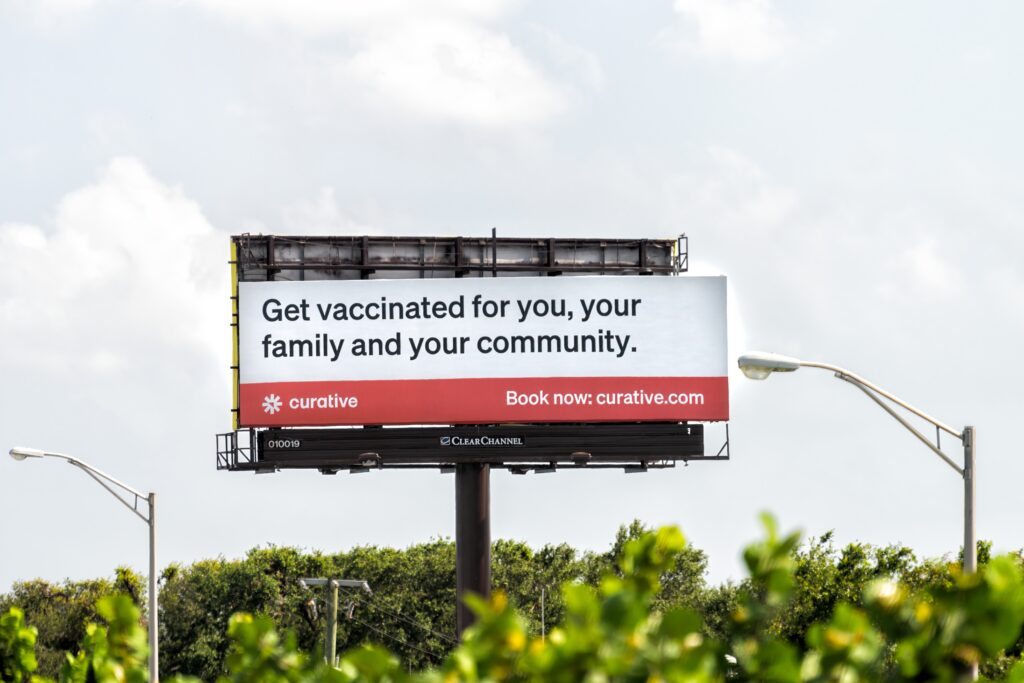Abstract
Despite rapid initial uptake, COVID-19 vaccinations in the United States stalled within a few months of widespread rollout in 2021. In response, many state and local governments, employers and health systems used public health messaging, financial incentives and creative scheduling tools to increase vaccine uptake. Although these approaches drew on evidence from influenza and other vaccination efforts, they were largely untested in the context of SARS-CoV-2. In mid-2021, months after vaccines were widely available, we evaluated vaccination intentions and vaccine uptake using a randomized control trial. To do this, we recruited unvaccinated members of a Medicaid managed care plan in California (n = 2,701) and randomly assigned them to different public health messages, $10 or $50 financial incentives for vaccination, a simple vaccination appointment scheduler, or control. While messages increased vaccination intentions, none of the interventions increased vaccination rates. Estimates for financial incentives rule out even relatively small increases in vaccination rates. Small financial incentives and other behavioral nudges do not meaningfully increase COVID-19 vaccination rates amongst the vaccine hesitant.
The full study is available in Vaccine.
